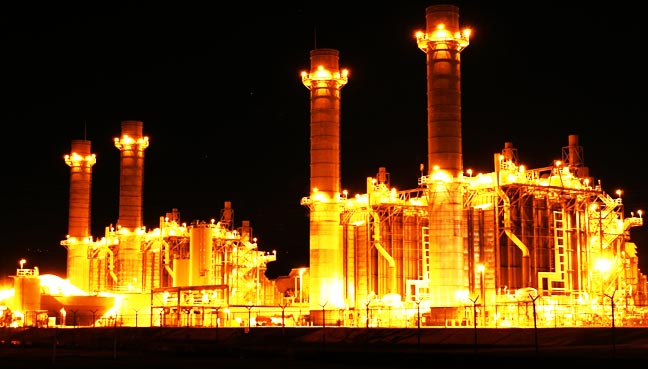There has been a natural monopoly between the suppliers which enjoyed for a long time. However, the launch of “budget batteries” along with “cheaper solar power” has opened up a “growing number of consumers”, whereby the “old-fashioned electricity networks” will mostly take a back seat in the year of 2016.
The prices of solar panels came plummeting down, while the battery manufacturers are trying to bring down the cost in the near future through “new technologies”, whereby hiking up production. According Tesla, the company can bring down the cost of its own batteries by “more than a third a bigger, better factory”. The said feat can be achieved as “costs dropped by 14 percent on average every year between 2007 and 2014: broker CLSA reckons they will tumble by a further 70 percent over the next five years”.
The costumers may be tempted to leave the grid once they know that they themselves will be able to “generate, store and manage their own power”. In fact, in the developing economic regions wherein “electricity has yet to arrive” there may not be any need of “power networks”.
According to Reuters’ information over one fifth of “India’s population does not have access to electricity”. Instead of keeping the people waiting, the Indian Prime Minister, Narendra Modi, has began “a 30 percent subsidy” on solar power, whereby to “encourage homeowners” in becoming self sufficient.
In the words of Katrina Hamlin from Reuters:
“Energy companies’ initial responses to this potentially existential crisis have ranged from denial to defensiveness. Doing nothing is not a great option; but actively resisting the shift is worse. In Australia, industry lobbyists initially tried to fight special subsidies for renewable energy and raise fees for homes with solar panels. Though such bullying tactics will burn solar home-owners in the short term, it only encourages them to seek ways to harvest and hoard their own energy”.
On the other hand, some of the “power companies” in the energy sector have leaning towards change. Origin Energy along with “Australian utilities AGL Energy” are selling “sell solar panel and battery sets” to their customers.
This new trend can put the “conventional electricity” market at risk by reducing their demand; however, the customers need to stay connected “to the grid” so that they can “sell their extra volts back to the utilities”. Therefore, there is an assurance that the “grid will survive” only will go through an exchange the way energy will traded “between large and small producers and consumers”. Reuters suggests others could take the changing trend’s example and “take action” now.
References:
http://blogs.reuters.com/
The prices of solar panels came plummeting down, while the battery manufacturers are trying to bring down the cost in the near future through “new technologies”, whereby hiking up production. According Tesla, the company can bring down the cost of its own batteries by “more than a third a bigger, better factory”. The said feat can be achieved as “costs dropped by 14 percent on average every year between 2007 and 2014: broker CLSA reckons they will tumble by a further 70 percent over the next five years”.
The costumers may be tempted to leave the grid once they know that they themselves will be able to “generate, store and manage their own power”. In fact, in the developing economic regions wherein “electricity has yet to arrive” there may not be any need of “power networks”.
According to Reuters’ information over one fifth of “India’s population does not have access to electricity”. Instead of keeping the people waiting, the Indian Prime Minister, Narendra Modi, has began “a 30 percent subsidy” on solar power, whereby to “encourage homeowners” in becoming self sufficient.
In the words of Katrina Hamlin from Reuters:
“Energy companies’ initial responses to this potentially existential crisis have ranged from denial to defensiveness. Doing nothing is not a great option; but actively resisting the shift is worse. In Australia, industry lobbyists initially tried to fight special subsidies for renewable energy and raise fees for homes with solar panels. Though such bullying tactics will burn solar home-owners in the short term, it only encourages them to seek ways to harvest and hoard their own energy”.
On the other hand, some of the “power companies” in the energy sector have leaning towards change. Origin Energy along with “Australian utilities AGL Energy” are selling “sell solar panel and battery sets” to their customers.
This new trend can put the “conventional electricity” market at risk by reducing their demand; however, the customers need to stay connected “to the grid” so that they can “sell their extra volts back to the utilities”. Therefore, there is an assurance that the “grid will survive” only will go through an exchange the way energy will traded “between large and small producers and consumers”. Reuters suggests others could take the changing trend’s example and “take action” now.
References:
http://blogs.reuters.com/






